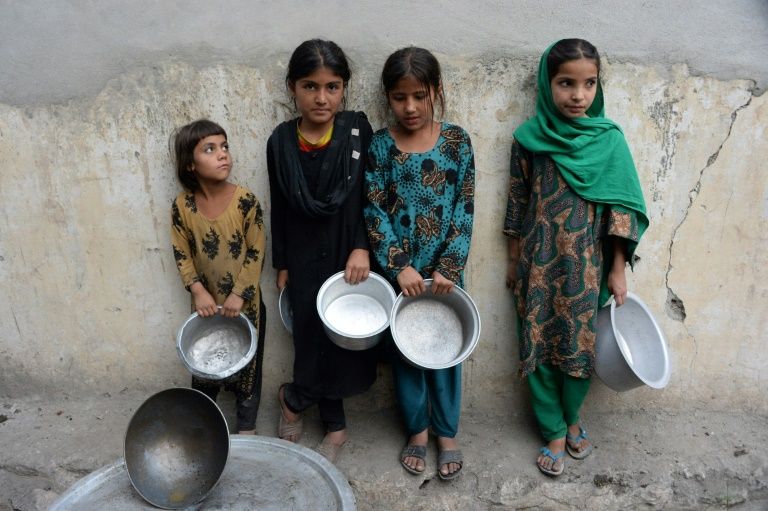The United Nations (UN) has advanced that the Covid-19 pandemic is pushing the number of people in need of humanitarian assistance to new highs, dramatically increasing the ranks of extreme poverty in just one year.
One in 33 people will need aid to meet basic needs like food, water and sanitation in 2021, an increase of 40 percent from this year, the UN said in its Global Humanitarian Overview 2021.
That translates to 235 million people worldwide, with concentrations in Syria, Yemen, Afghanistan, the Democratic Republic of the Congo and Ethiopia, it added.
In a statement, UN Secretary-General Antonio Guterres warned that the “crises is far from over.”
He said, “Humanitarian aid budgets face dire shortfalls as the impact of the global pandemic continues to worsen.
“The lives of people … already living on a knife’s edge are being hit disproportionately hard by rising food prices, falling incomes, interrupted vaccination programs and school closures.”
The UN Office for the Coordination of Humanitarian Affairs (OCHA) said it hopes to reach 160 million of those people.
“The picture we’re painting this year is the bleakest and darkest perspective on humanitarian needs we’ve ever set out, and that’s because the pandemic has reaped carnage across the most fragile and vulnerable countries on the planet,” said UN Humanitarian Chief, Mark Lowcock, who heads OCHA.
“For the first time since the 1990s, extreme poverty is going to increase, life expectancy will fall, and the annual death toll from HIV, tuberculosis and malaria is set to double. We fear a near doubling in the number of people facing starvation.”

Mr Lowcock also said Yemen, where “a large-scale famine” is a looming threat, faces the most serious problem, primarily as a result of a drop in funding from Gulf countries who used to be major donors. The shortfall has led to cuts in aid programmes and the closing down of clinics.
OCHA said other countries in need include Afghanistan, Congo, Haiti, Nigeria, South Sudan, Ukraine and Venezuela. New countries included in this year’s list are Mozambique, where armed activity has increased in the north, Pakistan and Zimbabwe.
Mr Lowcock said that it was not the Covid-19 pandemic, but rather its economic impact that is having the greatest effect on humanitarian needs.
“These all hit the poorest people in the poorest countries hardest of all,” he said. “For the poorest, the hangover from the pandemic will be long and hard.”
Additionally, UN analysts have estimated that the global Covid-19 outbreak could cause 290,000 people to contract HIV worldwide. They project that an additional 148,000 people could die from AIDS.
UNAIDS head, Winnie Byanyima indicated that several factors account for this projected spike including the fact that HIV patients are avoiding hospitals and sexual violence.
“We have data showing that in many countries, when lockdowns were put in place and kids were sent back home from schools, that violence against women and girls peaked in a number of countries,” Mrs Byanyima said.
“Sexual violence against women and girls is one of the main drivers of the pandemic, particularly in Africa.”























